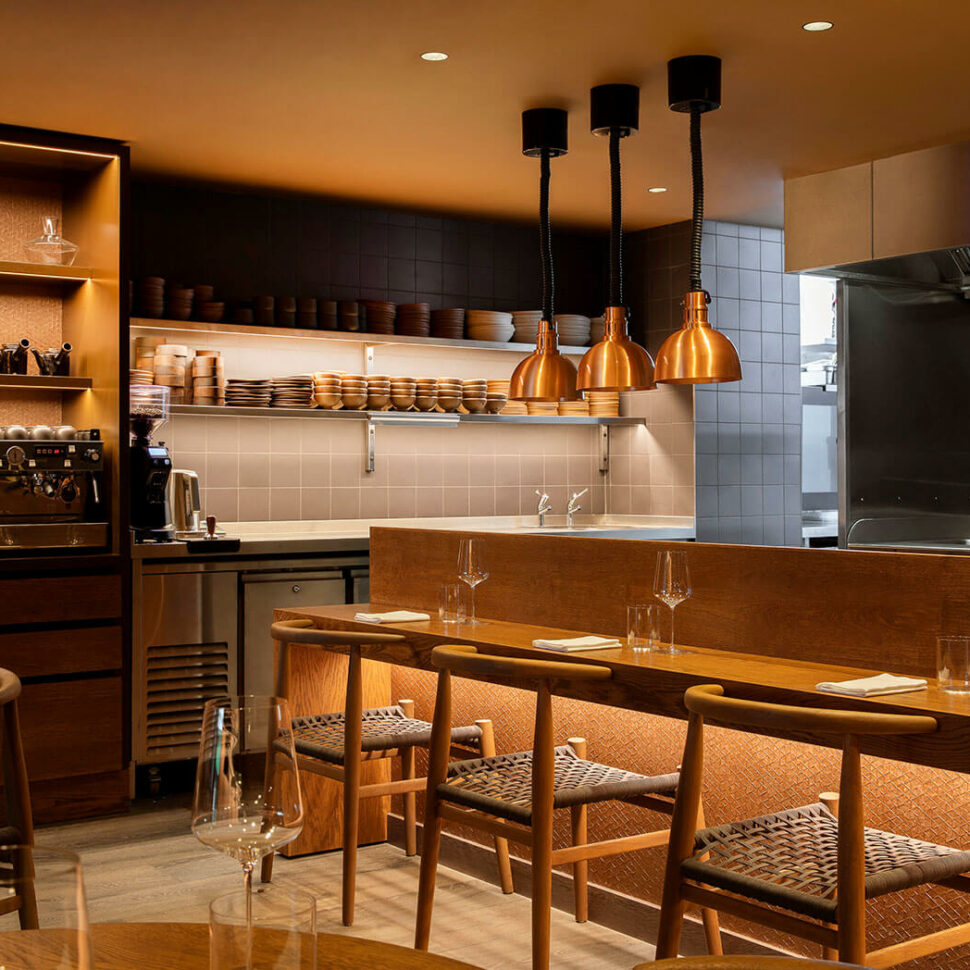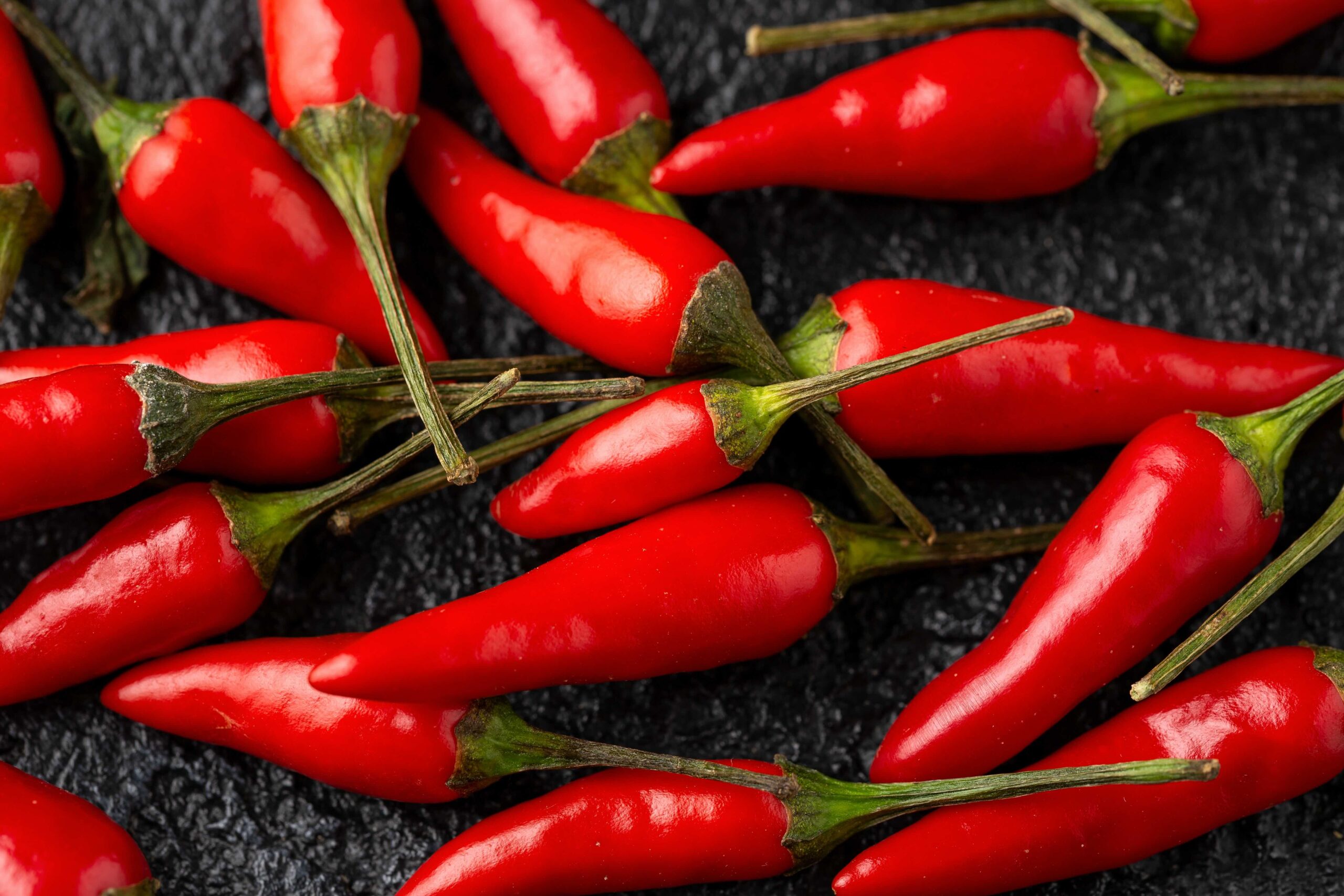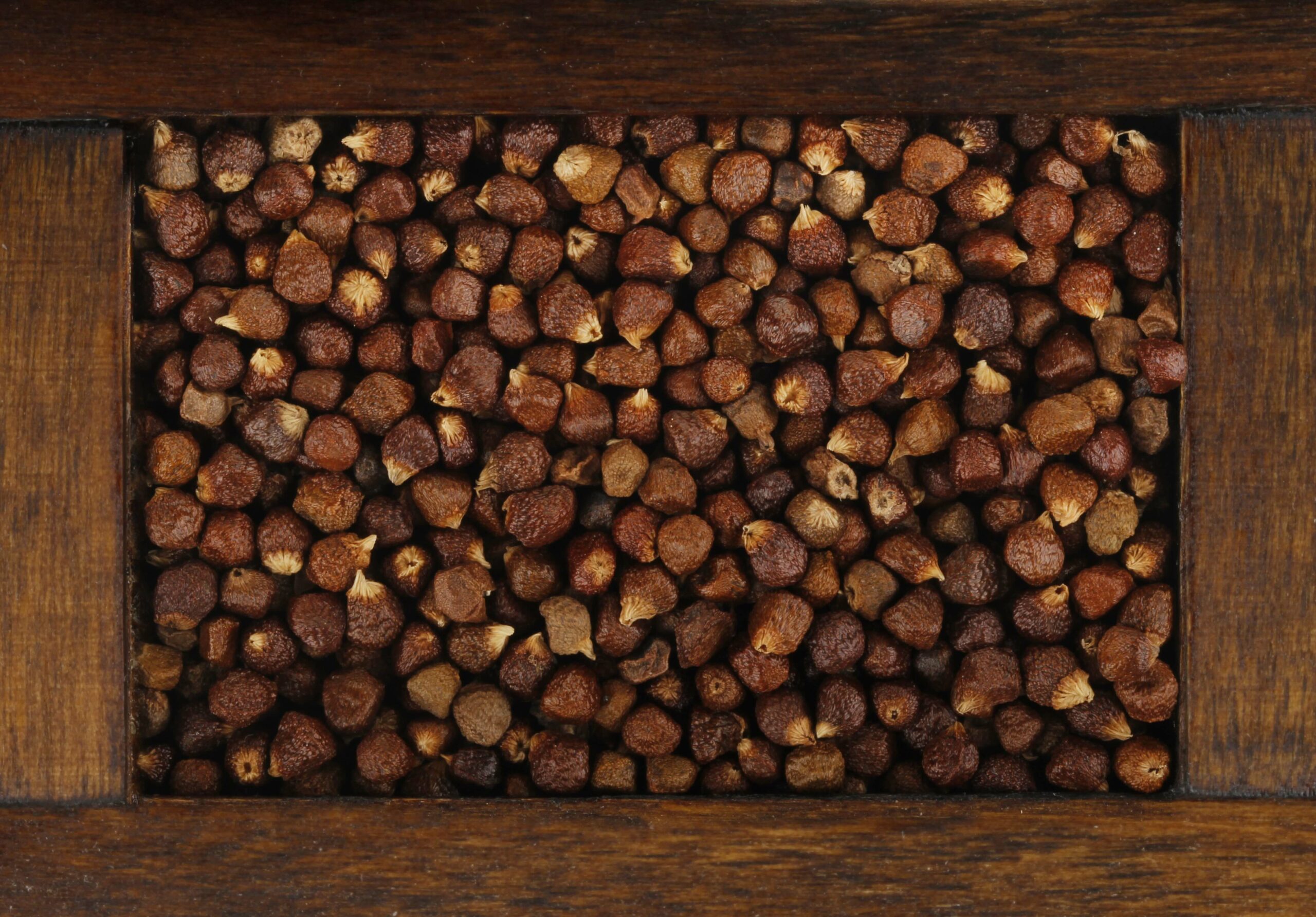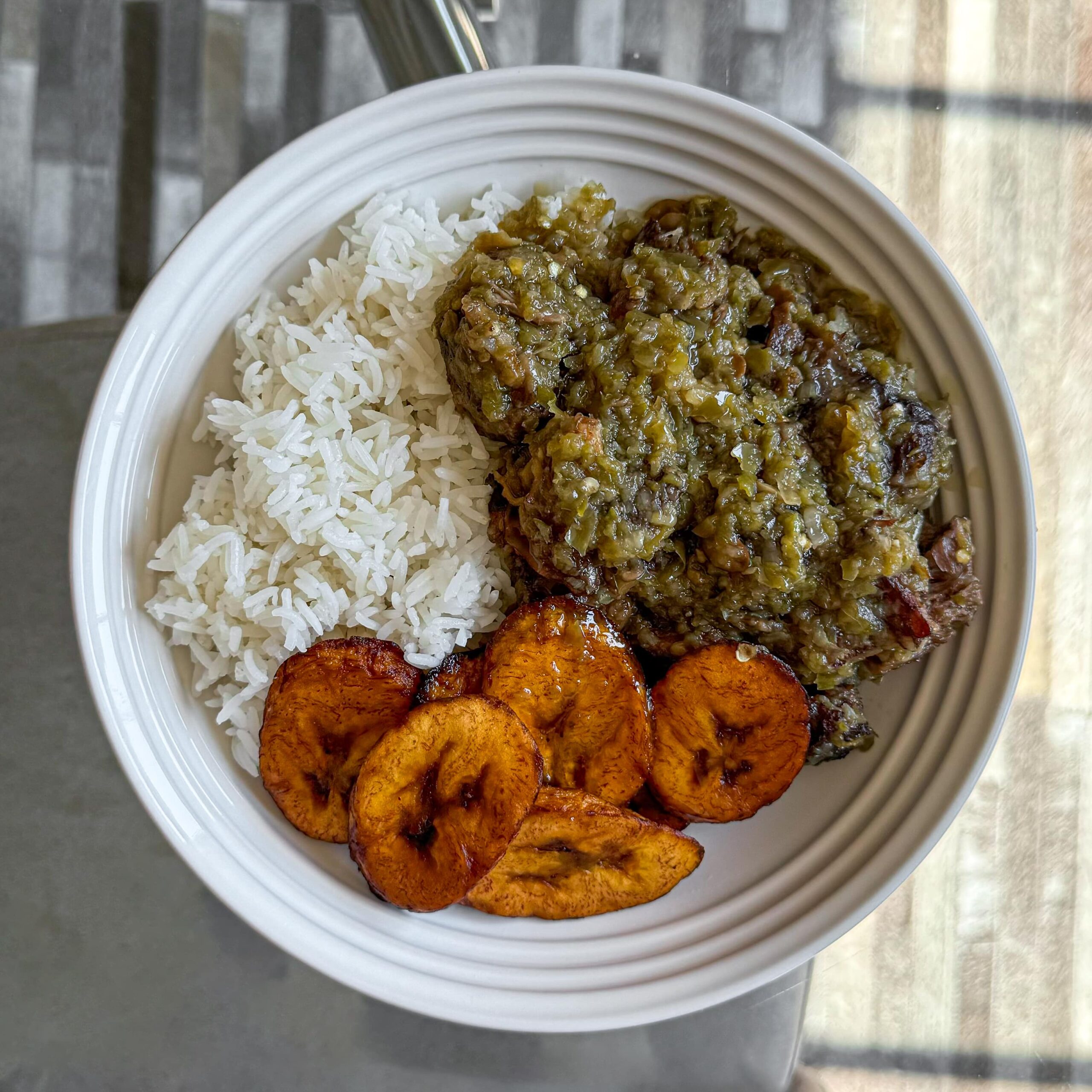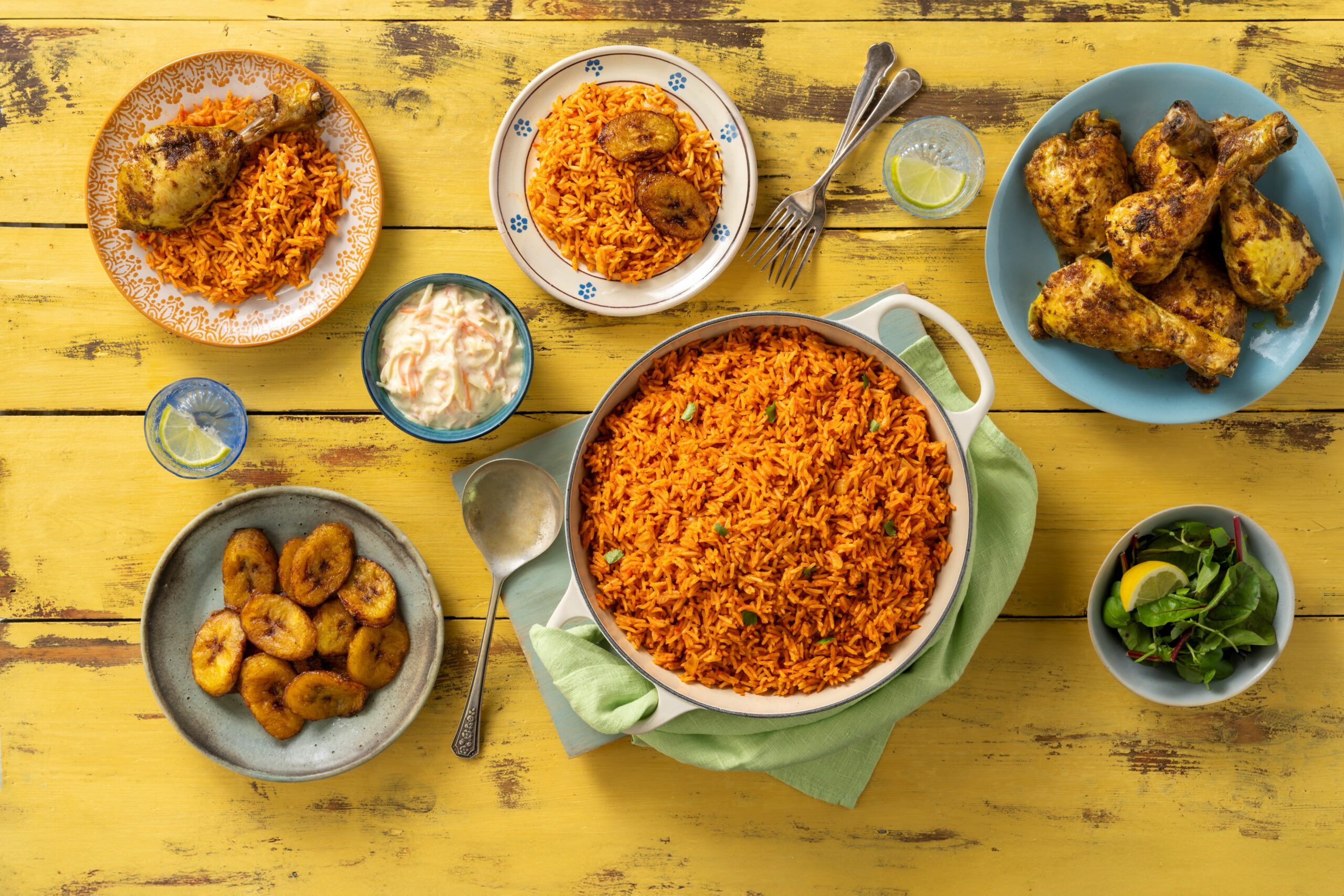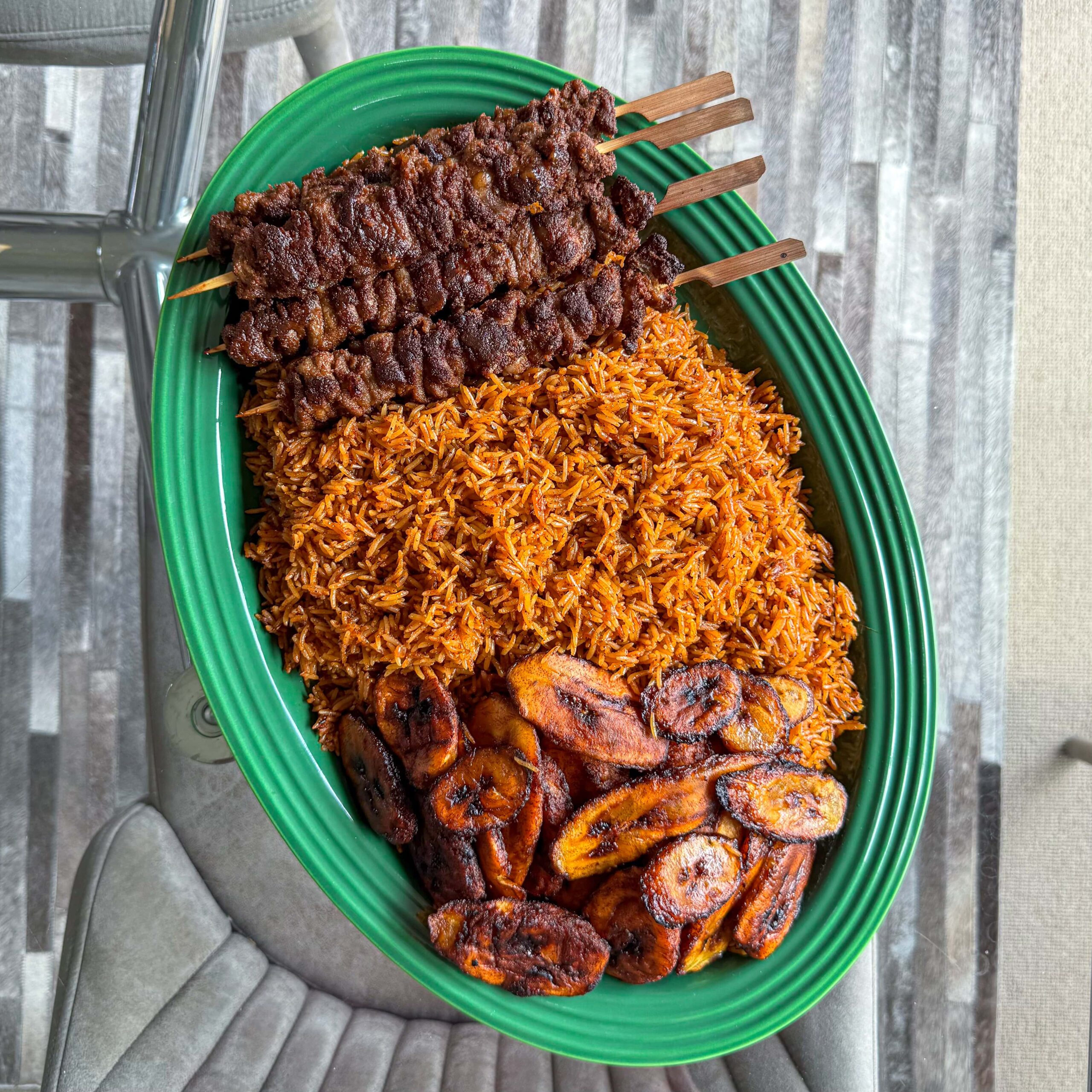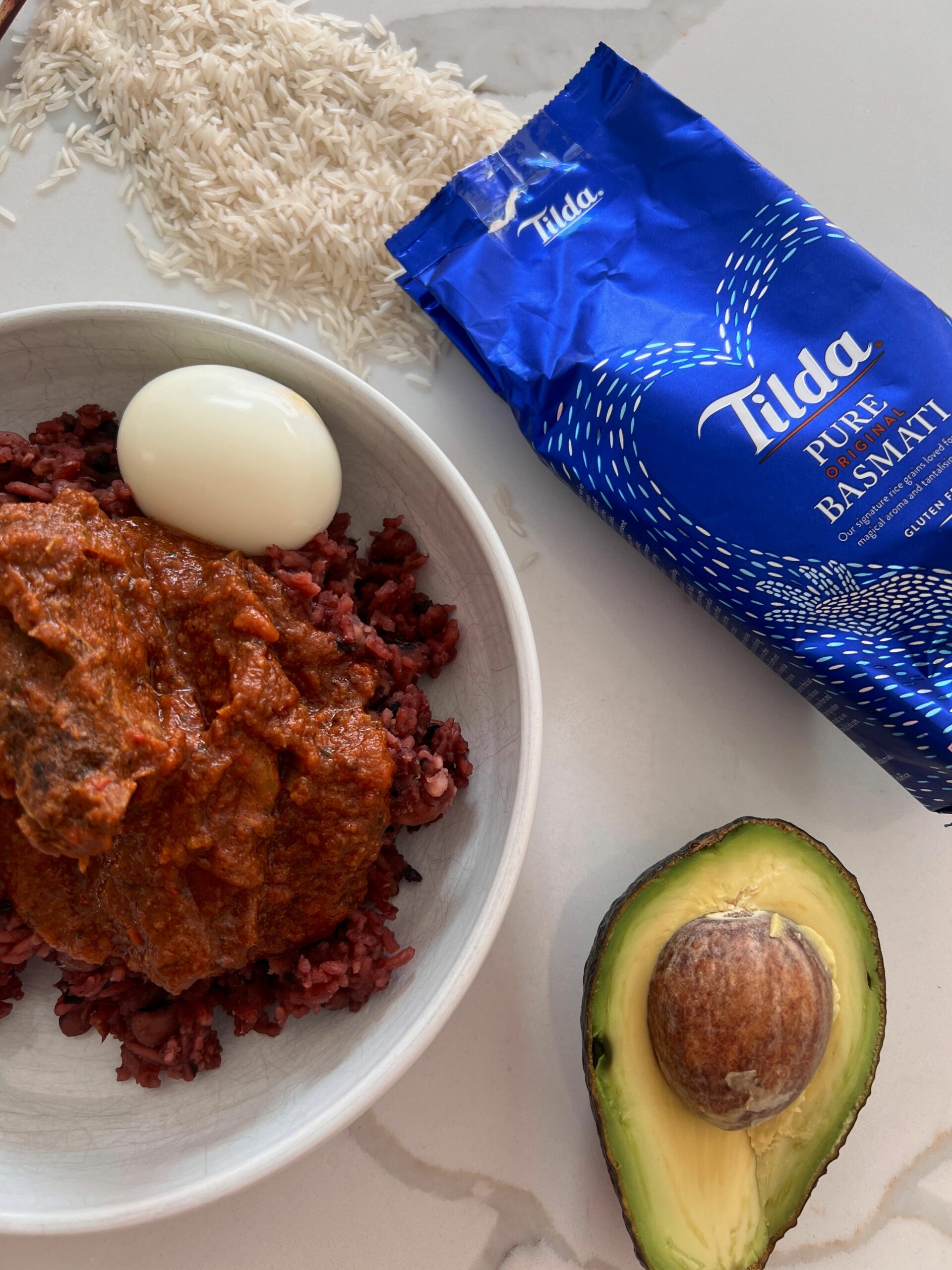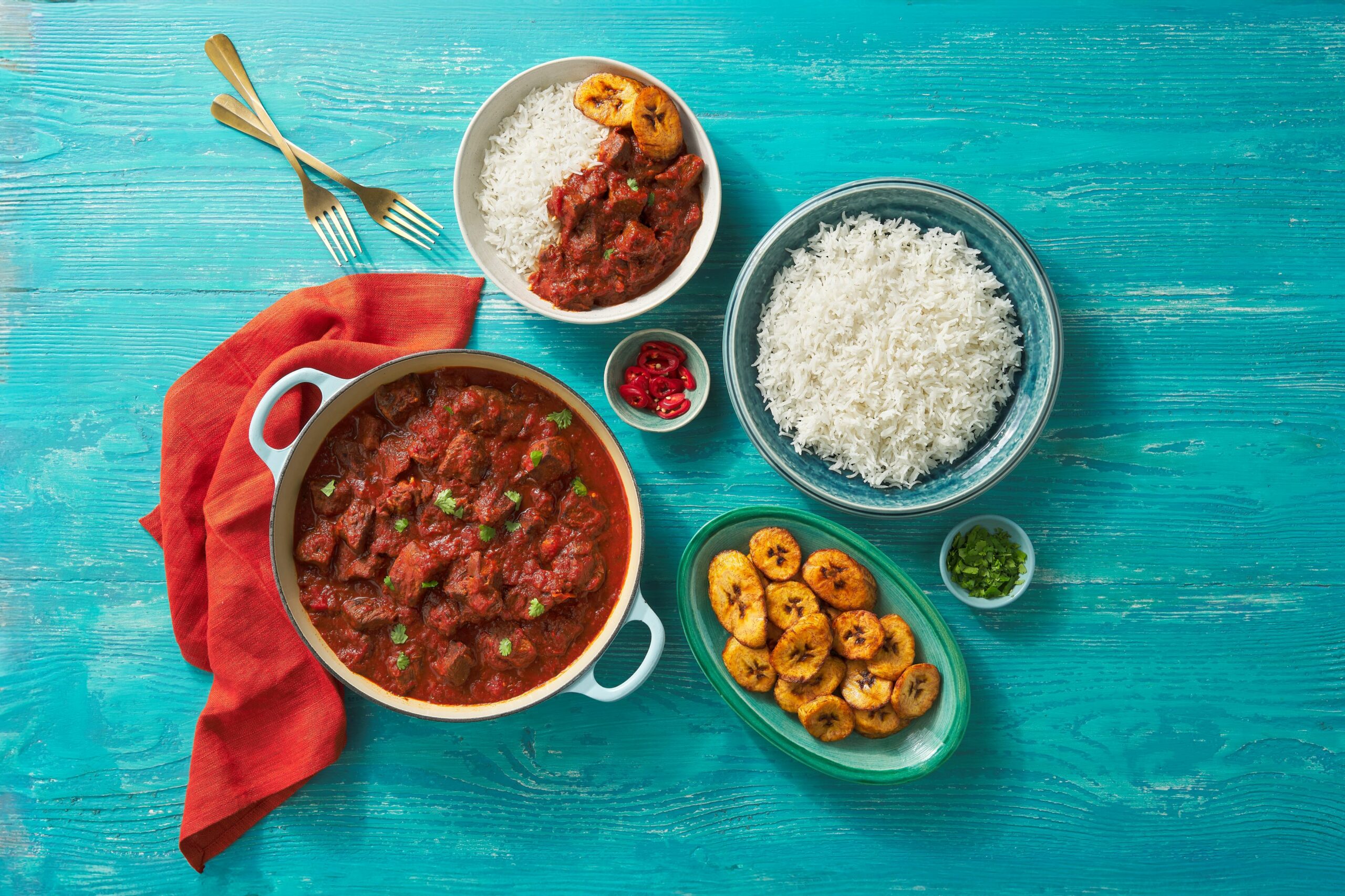Meet the Mastermind: An Interview with Akoko's Head Chef
Get an exclusive look behind the scenes with our in-depth interview featuring Akoko's Head Chef, Ayo Adeyemi. Learn about his journey from West Africa to the heart of London, the inspiration behind his dishes, and his passion for bringing the true essence of West African flavours to a global audience. His story is one of dedication, creativity, and an unwavering commitment to authenticity.
As a universal language that spans different experiences and communities, for many food is a window into memory, family and culture. This type of storytelling is what Ayo Adeyemi provides at the recent Michelin Star-winning Akoko Restaurant where he works as Executive Chef. Born in the UK and of Nigerian descent, he was raised on many classic dishes celebrating his family’s culture and history which inspired his passion for cooking.
With a career spanning over 17 years, and one that’s taken him across the globe to work at incredible restaurants like Taj Campton Place, The Hind’s Head, The Fat Duck and Tippling Club, his respect for classic West African flavours and the ambition to innovate and share them with the world is a true testament to his love of food and the places it can transport us to.
Read on to learn about his culinary journey and his passion for West African cuisine.
What inspired the food you create at Akoko?
My inspiration when it comes to the cuisine here at the restaurant, and for myself personally, is really just going back to my roots. I was born and raised in the UK but am of Nigerian heritage, and these are the flavours that I grew up with. As part of my childhood, both in the UK and visiting my grandparents in Nigeria, and then later on in my travels, I got to eat these wonderful ingredients – and that’s something I wanted to share with others too.
How did it feel to get the Michelin Star?
The star was a complete honour and a privilege, something that I’ve always aspired to for my whole career. It wasn’t just amazing for me but for the whole team. We worked very hard to achieve this accolade and it was absolutely amazing.
For you, what is important that your guests experience at Akoko?
It’s experiencing West African culture. This doesn’t just come from the food on their plate – it comes from the ambiance and décor around them, their hospitality experience. The moment you walk into the restaurant, you get this warming feeling and then you get the visuals of the open kitchen. You get the aromas of spices and the smell and sight of the wood fire chefs are cooking over, witnessing them in action. We also have great servers here that are well educated in explaining all the dishes and taking our guests on a journey through West Africa.
How does Akoko manage to reflect the culture and primary heritage of West Africa while adding its own twist?
I think the way Akoko manages to keep the authenticity of the cuisine, as well as put our kind of modern twist on it, is just through storytelling. We don’t take it too far away from the authentic recipes and to the basis of the dishes. Presentation-wise, it’s kind of refined due to the setting as we are a fine dining restaurant.
When it comes to the core bases and core stews, the sauces, the spice blends, it’s very integral for us that we keep true to that. And I think what we do quite well is that we are smart enough to do this on a larger scale for a restaurant of this capacity, ensuring consistency when it comes to our spice blends. Everything is made in-house and we just use great, seasonal British ingredients to complement those dishes. Beautiful.
What are the big differences between different West African cuisines?
To label West African cuisine in a nutshell is quite hard because there are a vast array of countries that span over West Africa. For Akoko, our focal point is based on Senegal, Gambia, Nigeria and Ghana – and through those places alone there’s so much to cover. There are different spices used in each country, different cooking preparations, even for the same dish. So we load it with Senegal and Gambia. It’s very much on a citrussy, seafood-based level in Nigeria and Ghana. We tend to cook more with umami bases in stews, use dried fish, a variety of pulses and grains, as well as a combination of meat and fish throughout the stews and sauces as well.
Why is it important for you to use brands like Tilda that are high quality?
I think it’s very important to use the best quality ingredients, especially when serving food at this level. And I truly believe that Tilda is the highest quality when it comes to rice. It ties in with the dish itself, for example our Jollof Rice – which isn’t just a signature for us, but of West Africa. That’s the one dish that really brings the whole region together and it’s integral that the quality of the rice that’s used shines with the story of the dish that we’re telling as well.
What’s a secret tip for people wanting to make your Jollof Rice?
Obviously I don’t want to give too much away on how we do our Jollof Rice, but I think it’s important that you use a good quality rice and stock base. The stock carries all the aromas and flavours. That’s the flavour carrier that really helps fragrant the rice and makes it a complete dish. Those are my two secret tips for making a good quality Jollof Rice.
What are some traditional West African dishes that you think complements rice particularly?
Rice in general is important in West African cuisine. It can be used to make main dishes, like Jollof Rice, but can also be used as a side accompaniment to go with a variety of stews. I would suggest that it can be eaten with any stew, particularly in Nigeria. I grew up eating a lot of Obe Ata Dindin with just a simple steam-boiled rice. It was absolutely delicious with some fried plantain on the side. You can make fried rice with it as well. So, again, just parboil the rice and then fry it with spices, a variety of vegetables, and meats and fish as well.
What would you recommend to someone who wants to get an introduction into West African cuisine?
I feel proud that West African cuisine has become more of a popular cuisine and more approachable to your average diner. The best way to get into, or appreciate, West African food is going to your local markets. I think that there are a variety of Afro-Caribbean markets now, especially in London, that offer a wide variety, catering to different recipes and dishes of West African flavours. Jollof Rice, fried plantains, the list goes on and on.
It’s an honour for us to have a Michelin Star here at Akoko, and if you’d like to have a sneak peek of what West African cuisine offers feel free to come and eat with us. You can enjoy the experience of West African cuisine through our use of spices, combination of flavours, the meat, fish and more.
Explore More Blogs & Culinary Inspiration
Explore More West African Recipes
